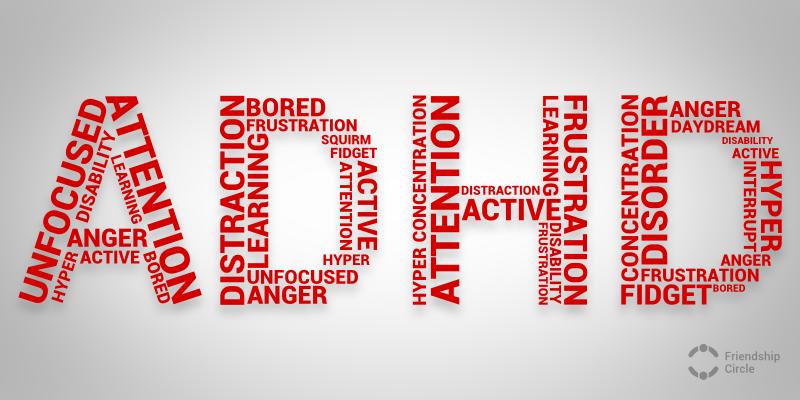ADHD: What Everyone Needs to Know
ADHD: What Everyone Needs to Know
In their book, ADHD: What Everyone Needs to Know, authors Stephen P. Hinshaw and Katherine Ellison systematically answer all your burning questions about ADHD. The authors make an excellent writing team. Their extensive knowledge and compassion is evident and that feels reassuring, particularly when they are addressing controversial topics.
Stephen is a professor at the University of California and an internationally recognized expert on ADHD.
Katherine Ellison is a Pulitzer prize winning journalist and author. She also has a personal interest in ADHD, as she and her son both have ADHD.
How the book is structured
The book is divided into two parts. Part 1 looks at what ADHD is, what causes it, how you know if you have it and how ADHD changes over your lifespan. Part 2 looks at what actions you can take to treat and manage your ADHD. This includes ADHD medication, behavior therapy and other strategies that might be helpful, such as exercise, diet and supplements.
Writing style
The writing style is clear and to the point. It hits the perfect balance of being factual and easy to understand without insulting your intelligence. It is a compelling read! Even if you don’t usually like reading, you will be pulled in. The book is written using a question and answer format. This makes it a great reference book, as you can dip into it any time to get the answers you need.
Somehow the authors knew exactly what questions you would be asking. At the end of each chapter there is a brief summary of the important points.
The Best Thing
The best thing about ADHD: What Everyone Needs to Know, is that it provides answers to the most controversial topics on ADHD.
The 4 letters ‘ADHD’ have a way of provoking heated debates.
You might want to quietly go about your day, but there will be someone who wants to be argumentative and ask provoking questions such as ‘Why is there so much ADHD now?’ or ‘‘If ADHD is ‘real’ why don’t they use brain scans to test for it?’’ or ‘Don’t you think it’s wrong that children are being given stimulants?’. After reading this book you will be equipped to answer all those questions and more.
Feeling informed is empowering. You will understand the pros and cons to each argument as the authors offer balanced discussion. For example, they consider the risks and fears people have about ADHD medication alongside the cost of untreated ADHD, and how ADHD can be both under diagnosed and over diagnosed at the same time.
Other good things
The chapter on ADHD medication is very helpful, both for people who aren’t taking medications and those that are. It answers basic questions like ‘How do stimulant medicines work?’ and ‘What are the side effects of ADHD medication?’ and less talked about subjects ‘How do other countries compare with the United States in medication prescription for ADHD?’
There are some other interesting topics covered. They aren’t controversial, but ones that you have properly been curious about. Such as ‘Is ADHD really a gift? and ’Are TV and video games bad?’
Who is the book for?
It is perfect for you if it’s your first ADHD book or your 100th, if you are a parent of an ADHD child, have adult ADHD yourself or want to learn more about it to better understand your partner.
by Jacqueline Sinfield For Very Well/a>
Be the first to post a message!
